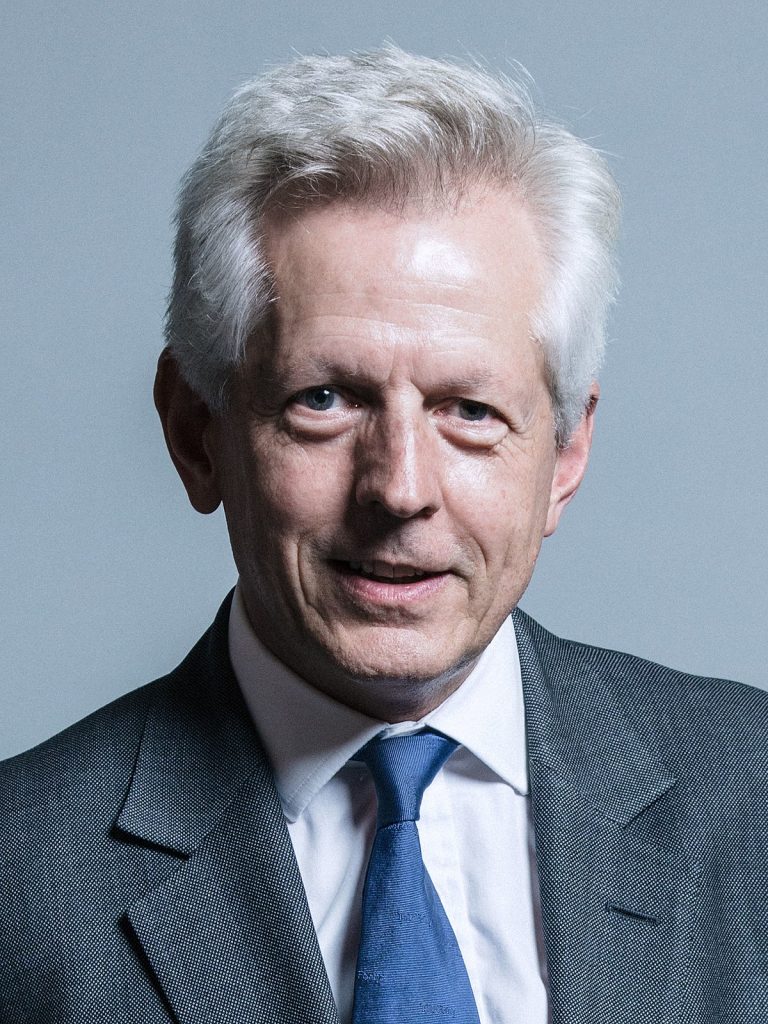Richard Graham – 2021 Speech on the UK Space Industry
The speech made by Richard Graham, the Conservative MP for Gloucester, in the House of Commons on 4 February 2021.
Today’s debate is a decade on from the space innovation and growth strategy of 2010, in which we aspired to a 10% share of a growing global sector. Today, a lot has happened, and the market has hugely grown. The Government are right, therefore, to focus on the increased market opportunities ahead.
To celebrate what has been achieved, our small satellites, led by Surrey Satellite Technology and AAC Clyde Space, have done good work around the world. For example, they have partnered with the Government of the Philippines to help their efforts at greater information for agriculture and, indeed, natural disaster awareness. Such opportunities, both environmental and security, echo across all the world’s regions, with chances to boost crop production and the livelihoods associated with it, reduce deforestation and increase carbon reduction. All of that comes in the lead up to COP26, so this is an appropriate moment to discuss our role in space. Such activity could be boosted by launches in Cornwall and the Shetlands, putting us at the front of European efforts, alongside Sweden, to have launches from the continent.
Our wider role in global navigation systems, now that we have left the European Galileo project, needs to be clarified, along with the future of the UK-based European Space Agency, as the EU creates its own entity. Although we currently stand second only to the US when it comes to providing finance for space, our Government spending on R and D, as my right hon. Friend the Member for Kingswood (Chris Skidmore) referred to, hardly places us in tier 2 and some way behind France and Germany.
Does this matter? My instinct is that for the UK to continue to be at the leading edge of space technology, with skills, jobs and growth benefits, we need the National Space Council to work closely with the Department for Business, Energy and Industrial Strategy on the strategy promised but not yet seen. I hope that will include opportunities for greater UK supply chains, as well as for how we take forward the role of OneWeb, particularly in our aims for autonomous vehicles.
We should, as a result of all these things, be looking at a future where robotics and advanced manufacturing play a key role, with finance raised from our capital markets, venture capital and other institutional funds. This will be helped by the partnership between scientists, technology, business, markets, the regulator and Government —exactly what has been delivered on vaccination. It is an initially surprising similarity, but, as other countries and unions have found, it is a difficult one. If the Minister and BEIS can together harness the good work of the decade-old Satellite Applications Catapult—shall we just call it the space catapult?—and the new Space Growth Partnership, we may have the vehicle to do it. With a really good regulatory policy alongside this and the best framework in the world, we will attract investment and a rocket-fuelled role for our economic recovery.

